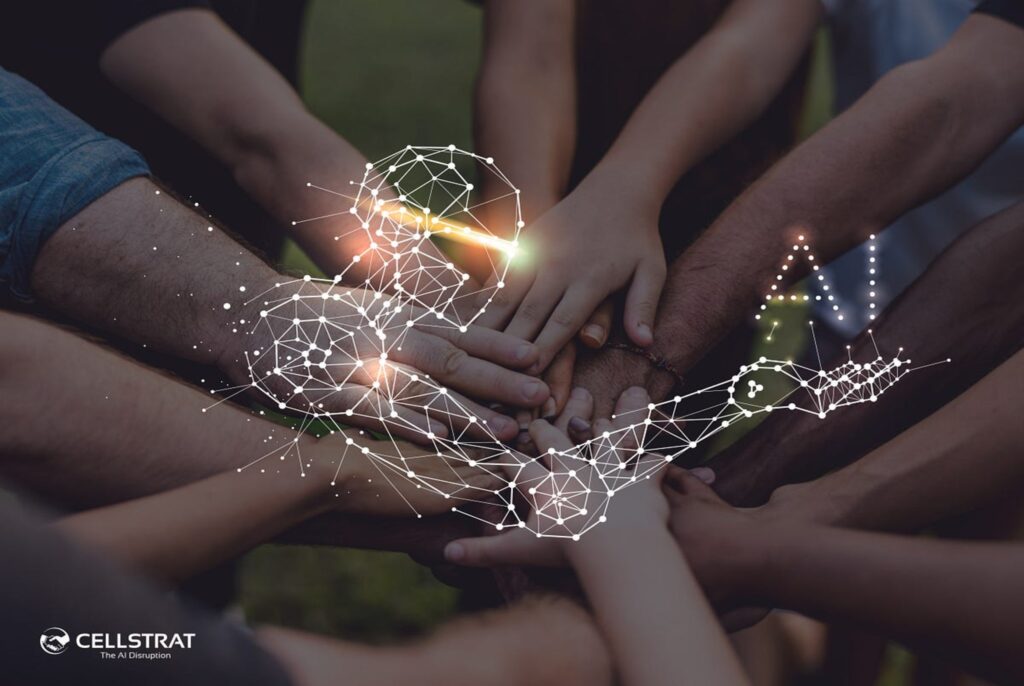Over the years, NGOs collect millions of data points, ranging from data about donations to data about vulnerable sectors needing help. Analyzing all of this data takes a lot of time and energy. But at the same time, human resources are also at capacity in most NGOs. Therefore, AI acts as a heroic tool for the NGOs. Its ability to analyze, predict and generate is of great use to the NGOs.
Numerous NGOs have started leveraging AI already in various branches of climate change, social justice and providing better services.Some of them are :
Wadhwani AI : The Institute of Wadhwani AI in India aims to combine AI and empathy to target missions where AI can transform the sector. Their current technology revolves around the healthcare and agriculture sector. One such AI technology that they developed is CottonAce. CottonAce is a system that alerts cotton farmers about pests and advises them. Over 6000 farmers have used CottonAce all across India. They have also developed Cough Against Covid-19(Helps patients decide if they should get tested based on sound of cough) and many more projects.
Spring ACT: A Swiss Non-profit organization that has developed Sophia- a chatbot that assists domestic violence survivors around the world 24/7 with anonymity . Sophia helps survivors of domestic violence by GAL(Gather potential evidence, Assess your rights, Learn about your options). It advises the survivors on what action to take based on the information you give to it about your abusive relationship. Also, you could give her the documents that you wish to share as proof later on or even send it to your close ones. And the most important thing, all your chats are confidential and it makes sure that you are digitally secure.
Danish Refugee Council : With specific expertise in helping refugees of forced displacement, DRC works to protect, advocate and build sustainable futures for refugees and other displacement-affected people and communities. It is spread across 40 countries. Using Foresight, a machine learning tool, DRC is able to see the predictions about displacement in the country in the future years. Foresight is built upon open source data like the UN datasets etc and uses more than 120 indicators to predict displacement in countries. They use this prediction to plan their annual strategies and their other humanitarian projects/processes.
Many more organizations are present that develop and use AI and Machine learning to achieve their goals and make the world a better place. Therefore, AI proves to help NGOs implement their strategies better and even make better strategies.

